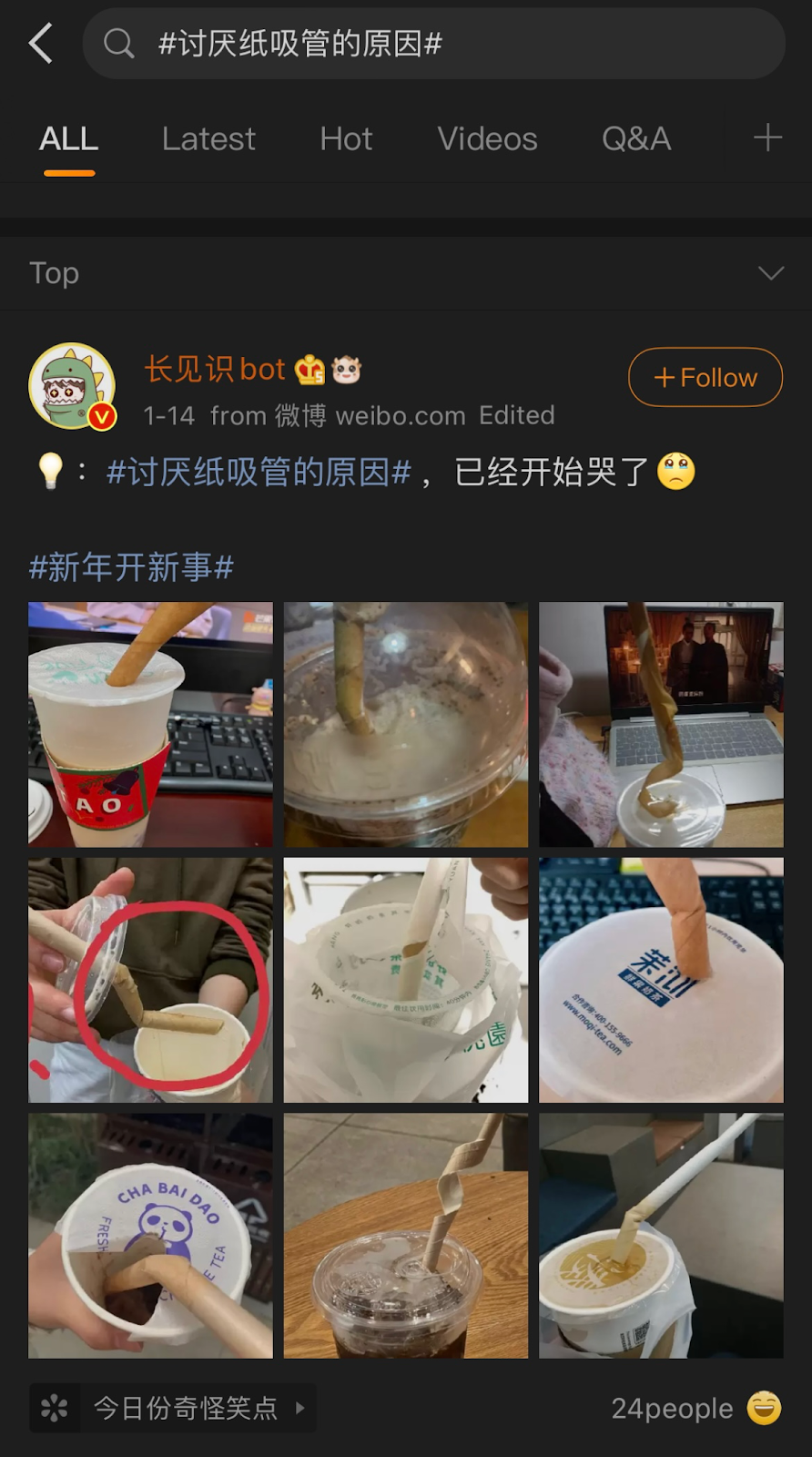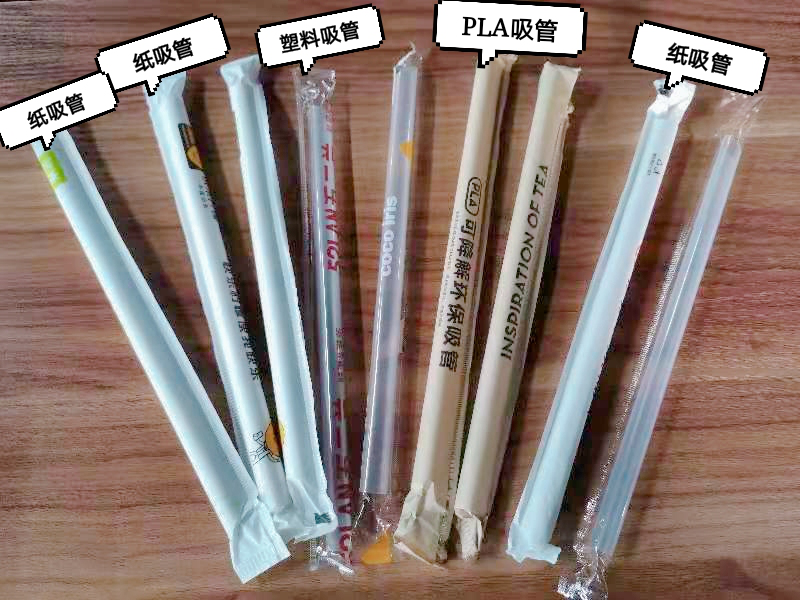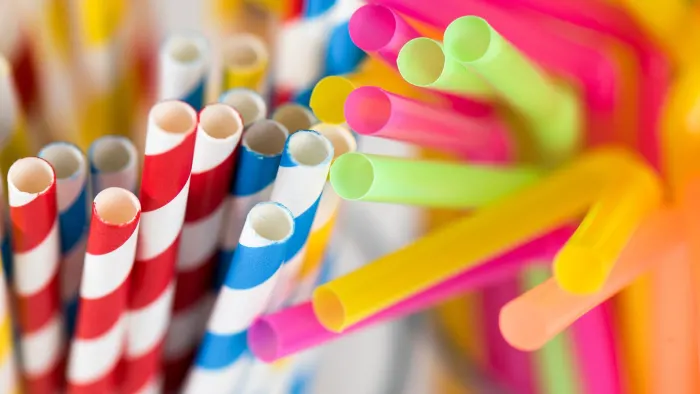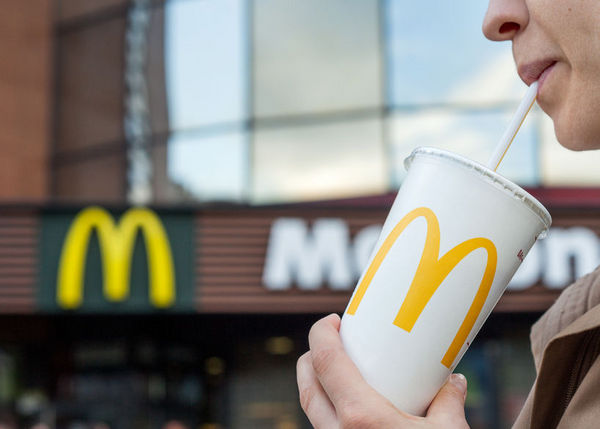On a regular afternoon, I ordered a cup of bubble tea on my phone. It was delivered to my apartment within an hour. As usual, I tried to stick the straw into the cup to drink.
But the straw couldn’t stick through the lid no matter what.
It was one of those life moments when I get irritated by insignificant stuff. My desire for bubble tea was irresistible. Then I realized what had changed: the straw was paper rather than plastic.
I managed to solve the problem that afternoon with a small toothpick. Although a paper straw might not be as convenient as a plastic one, it was hardly a big deal for me.
Yet not everyone wants to embrace the plastic-to-paper transition.
Across many social media platforms, Chinese netizens are rallying against paper straws. On Weibo, trends titled “how hard it is to drink bubble tea with paper straws,” or “reasons for hating paper straws” attract over 100 million views.
“Paper straws are just too inconvenient,” one Weibo user wrote. “It’s too soft and will melt before I can finish my drinks.” Other users said that they could not tolerate the taste of paper, and that “it ruined the bubble tea.”

The most recent “paper straw fever” is at the center of an ambitious state-directed campaign. It aims to reduce plastic consumption in China. Last July, a cross-departmental governmental commission issued guidelines prohibiting non-degradable plastic products.
Amidst regulatory pressure, the industry turned to paper straws. Paper straws are a biodegradable and economic alternative. Big chains like Starbucks, McDonald’s and Hey Tea have taken the lead in this plastics purge. They also vowed to eliminate other plastic products soon.
Generally, the Chinese public remains positive about the anti-plastics campaign. Yet they are unhappy with the compromises businesses have made with their services. After all, the costs of government regulations should not transfer to the consumers.
However, the agenda of plastic elimination is irreversible. And ordinary consumers have moved beyond expressing discontent.
On TikTok and Bilibili, influencers have started to make viral content. “Paper straw challenges” or “paper straw alternatives recommendations” offer useful information.
 From left to right: paper straw, paper straw [different producer], plastic straw, PLA “biodegradable” straw, paper straw [different producer]
From left to right: paper straw, paper straw [different producer], plastic straw, PLA “biodegradable” straw, paper straw [different producer]
Some environmentalists have taken a different stance on the campaign. They question the actual environmental benefits of the current war against plastics.
Many caution that paper products have their own environmental problems. Paper production involves the heavy use of chemicals that contaminate water and land.
Others complain that the existing campaign is not bold enough. Some of the biggest sectors of plastic consumption like plastic packaging remain unchanged. The lack of qualified facilities to deal with plastic waste is also a major problem.
The paper straw controversy exemplifies the great challenges facing the Chinese government. They now intend to take a bigger role in the global campaign to combat climate change. Businesses and onsumers might easily find substitutions for plastic straws.
However, it will be difficult to do so for other harmful necessities, such as fossil fuels. Successful rebalancing of environmental, developmental, and commercial interests in Chinese society still awaits.






0 Comments